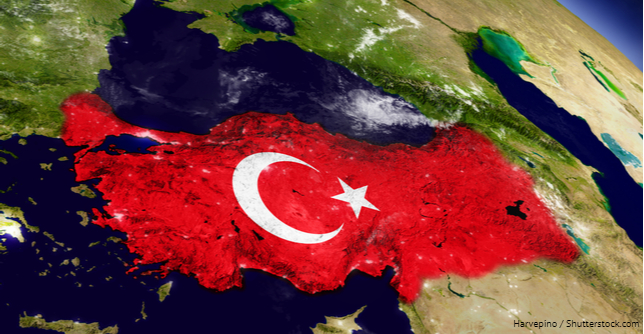The country was removed from the United States’ unilateral trade preferences program, and tariffs on steel from Turkey were lowered from 50% to 25%.
The Trump administration in March said it planned to remove Turkey and India from the GSP, noting that Turkey is sufficiently economically developed and requires no preferential market access to the U.S. market. GSP benefits are reserved for developing and less-developed countries.
The Office of the U.S. Trade Representative in March said it was planning to revoke India’s GSP benefits because of significant trade barriers imposed by the country. But unlike Turkey, the Trump administration has not issued a proclamation revoking India’s GSP benefits.
Asked whether the Trump administration plans to follow through on removing India from the program, a USTR spokesperson said in an email, “We have no announcements on India at this time.”
Pursuant to the GSP proclamation, imports of crystalline silicon photovoltaic cells and large residential washers from Turkey are now subject to Section 201 safeguard tariffs imposed on such products in January 2018.
Imports of those products from Turkey had been exempt from the tariffs, as the presidential Section 201 proclamations exempt imports from developing World Trade Organization member countries if a country’s individual share of total imports doesn’t exceed 3% and if imports of all such countries with less than 3% import share don’t collectively account for more than 9% of total imports of the product.
In another proclamation, Trump ordered the reduction of 50% tariffs on steel from Turkey to 25%, the same rate applying to most other countries under Section 232. The new rate will take effect for import entries made Tuesday or later.
Trump raised tariffs on steel from Turkey from 25% to 50% on Aug. 13, 2018, after Commerce Secretary Wilbur Ross advised him it would help increase domestic steel capacity utilization, one goal of Section 232 tariffs on steel.
“The secretary has now advised me that since the implementation of the higher tariff … imports of steel articles have declined by 12 percent in 2018 compared to 2017, and imports of steel articles from Turkey have declined by 48 percent in 2018, with the result that the domestic industry’s capacity utilization has improved at this point to approximately the target level recommended in the secretary’s report,” the proclamation says. “This target level, if maintained for an appropriate period, will improve the financial viability of the domestic steel industry over the long term.”
The domestic capacity utilization target level identified in the Commerce Department’s Section 232 report on steel imports is 80%.
Source: American Shipper



